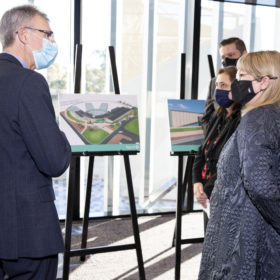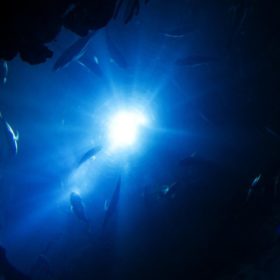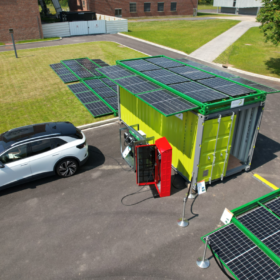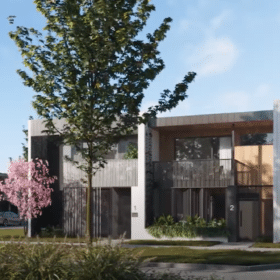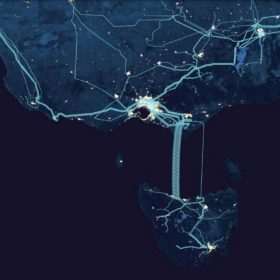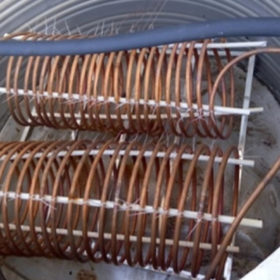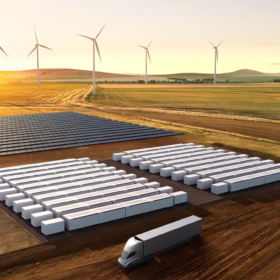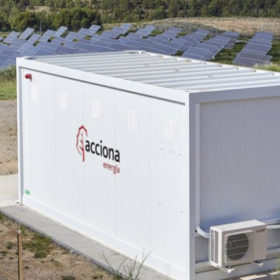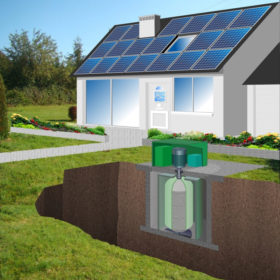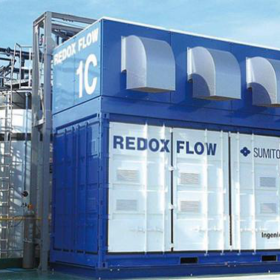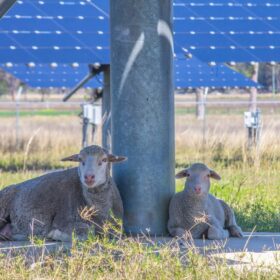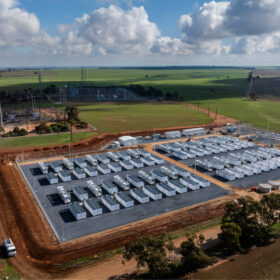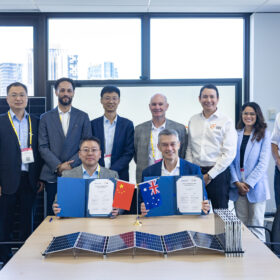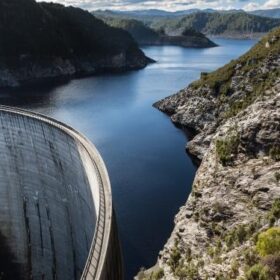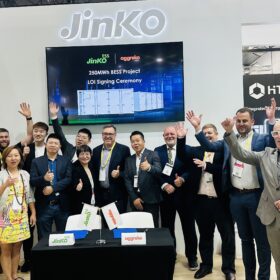Advanced battery and hydrogen research facilities to be built by Victoria’s Deakin University, backed by government funds
Deakin University has received funding for two multi-million dollar facilities, one devoted to advanced battery research and the second for the development of hydrogen technology. The projects’ aims will be to overcome hydrogen’s hurdles and, for batteries, to improve existing technologies while also investigating sustainable alternatives like sodium batteries.
Using the oceans’ depths to store renewables, compress hydrogen
Underwater gravity energy storage has been proposed as an ideal solution for weekly energy storage, by an international group of scientists. The novel technology is considered an alternative to pumped-hydro storage for coasts and islands without mountains that are located close to deep waters, and may also be interesting for PV if used to store green hydrogen.
Solar+storage kits for construction sites, one-off events
France’s Revolt Energy Green has developed a flexible solar+storage solution for one-off events, construction sites, and different kinds of off-grid applications. It has also developed a mobile hydrogen solution.
Evergen selected for Queensland’s 100% solar + battery neighbourhood
Smart energy software company Evergen will provide an energy management platform as part of a net-zero energy emission terrace homes pilot at Carseldine Village, north of Brisbane.
Marinus Link bolstered by new reports attesting its potential benefit across NEM, but who should pay?
New reports and modelling has led TasNetworks to further push its largest of four possible Marinus Link versions. The largest, a 1,500 MW interconnector between Tasmania and the Australian mainland, is being shown to provide benefits across the entire NEM through grid stability and downward pressure on wholesale electricity prices. But there is still some discussion about who should pay for it.
PV-driven air conditioner coupled with ice thermal storage
Researchers in China have built a PV-powered air conditioner that can store power through ice thermal storage. The performance of the system was evaluated considering operating efficiency and stability and the scientists found that a device relying on a variable-speed compressor and an MPPT controller showed very good ice-making capability.
Gransolar Group’s Dalby hybrid solar+storage project is a wholly inside job
Spanish EPC Gransolar Group’s four member companies across the entire value chain are combining on its first hybrid power plant. The 5 MW solar + storage hybrid power plant near Dalby, Queensland, will supply solar energy to grid service provider Ergon while also taking advantage of all the other revenue streams available to energy storage projects.
Storing solar power with recycled batteries from Nissan
Spanish renewable energy company Acciona is testing four second-life batteries with a combined capacity of 130 kWh at its 1.2 MW experimental solar park in Tudela, in the Spanish region of Navarra.
Concrete flywheel storage system for residential PV
A French start-up has developed a concrete flywheel to store solar energy in an innovative way. Currently being tested in France, the storage solution will be initially offered in France’s overseas territories and Africa.
Malaysian green hydrogen project opts for Perth-based flow batteries
Perth-based TNG Limited has signed an agreement with Malaysian green hydrogen company AGV Energy which will see its vanadium redox flow batteries integrated into the HySustain project to store solar energy for green hydrogen production.
